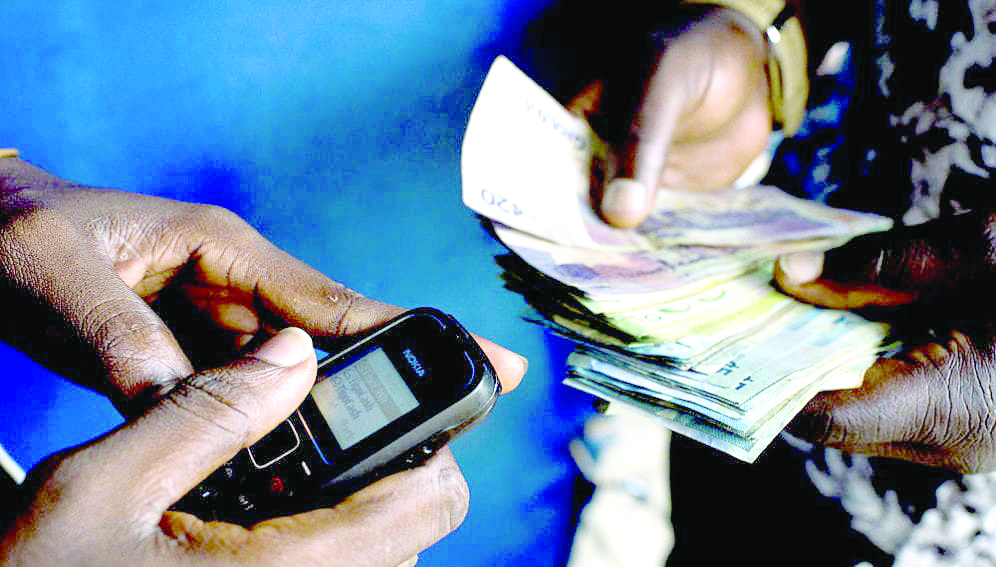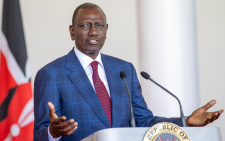Kenyans need digital money with smart guardrails

In the early 2000s, Kenya’s economy ran mostly on coins and crumpled notes. Small traders counted change on wooden stalls. Matatu conductors stuffed fare into socks and shirts. People saved money under the mattress.
Then came the mobile money revolution. It did not start in boardrooms. It started with airtime transfers. People sent credit from one phone to another. Someone noticed, “If you can send airtime, why not send money?” That simple thought sparked an invention.
In 2007, M-Pesa arrived. A few years later, Airtel Money followed. Both turned mobile phones into wallets. Overnight, even the unbanked could store and move money.
But the shift to digital payments has come with new risks. It changed how people relate to money. Sending Sh500 through your phone feels different from parting with a note in your hand. Transactions happen in seconds. That speed often skips reflection. But the same speed that powers livelihoods can weaken restraint.
Mobile money has made gambling easier. Betting apps integrate directly with our digital wallets. Transactions happen in seconds. No personal exchange. No delay. Tap, confirm, and wait for a win or lose. The Betting Control and Licensing Board estimates that millions of Kenyans bet regularly. A large share of them do so using mobile wallets.
Digital loans mirror the same story. Airtel Money and M-Pesa both support apps that offer fast loans. These loans fill gaps during emergencies. But many charge high interest. With one tap, a user can borrow. With the next, they owe more than they expected. Loans often land in digital wallets, where they then flow out to betting sites or impulse purchases. The costs pile up quietly. A few shillings per transaction. A missed repayment fee. A charge to withdraw. For someone earning Sh500 a day, these hidden losses matter. They erode savings and feed a cycle of debt.
Hard cash demands discipline. Spending physical money triggers awareness. It’s easier to track. It’s harder to lose to impulse. In rural Kenya, where cash remains king, people often plan their spending more carefully. Physical notes act as mental speed bumps. They slow down spending. They require intention.
Mobile money alone does not create poverty. But digital habits can shape outcomes. Invisible fees, easy borrowing, and digital addictions silently drain wallets. The convenience, once liberating, now risks entrapment.
As Kenyans, we need innovative thinking to match the speed of digital life. We need tools that not only move money but guide behavior. Mobile platforms can do more than process transactions. They can become financial coaches. For example, Airtel Money could offer real-time spending summaries. M-Pesa could let users block transactions with betting firms. Both can nudge users to save with every payment made.
Kenya needs digital money with guardrails. No restrictions, but smart defaults. An app that suggests, “Save Sh50 before you spend Sh500,” could reshape habits. We embraced mobile money because it offered freedom. Now, that same freedom demands discipline. As we build toward a digital future, the next innovation must focus on the end goal: keeping more money in Kenyans’ pockets, not just moving it faster.
The writer is an Innovations Evangelist and a PhD Candidate; machariamuhoho@gmail.com















